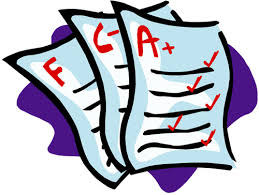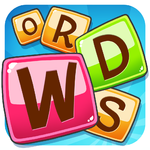Back to School Tips for Students
 Tuesday, August 8, 2017 at 2:16PM
Tuesday, August 8, 2017 at 2:16PM  Kim Mongak/Christy Morris
Kim Mongak/Christy Morris With a few weeks of summer left, we are somewhat caught between the last days of our relaxing vacations and the hectic scrambling to prepare for another shool year. Many parents are bogged down with paperwork, school shopping lists, and the impending fall extracurriculr activities. In addition to parents organizing and preparing, students should be getting ready for a successful school year as well. Here are some suggestions to start the school year off right:
1. Take control of organizing your supplies. Even though Mom or Dad may be buying your school supplies, you should be making sure that they are put exactly where they need to be. Notebooks, binders, and folders should be organized according to your specific classes. Pens, pencils, and other such items should be in a secure pouch where they are easily accessible.
2. Get an agenda that works for you. There are many tasks and assignments to keep track of once school starts. You need to make sure you have a daily and monthly calander to organize short term and long term events. Whether it is a paper agenda or an app on your phone, keeping track of your responsibilities is essential.
 3. Start adjusting your sleep habits a week or two before school starts. I know we all enjoy sleeping in on summer mornings, but that early alarm is not far away. A bit at a time, start going to bed a little earlier and waking up a little earlier. This will help your body get back into the routine of early school mornings and school nights. Also, start to get back into your school morning routine. Whether you shower in the morning before school, eat a bowl of cereal for breakfast, or need to plan for other siblings getting ready for school as well, start to get back into these habits before school starts.
3. Start adjusting your sleep habits a week or two before school starts. I know we all enjoy sleeping in on summer mornings, but that early alarm is not far away. A bit at a time, start going to bed a little earlier and waking up a little earlier. This will help your body get back into the routine of early school mornings and school nights. Also, start to get back into your school morning routine. Whether you shower in the morning before school, eat a bowl of cereal for breakfast, or need to plan for other siblings getting ready for school as well, start to get back into these habits before school starts.
4. Make a list of goals for this school year. Your goals can be academic, social, athletic, or many other kinds. Maybe you want to make the play this year or maintain a "A" average in most of your classes. Whatever your goals may be, writing them down and developing strategies to reach these goals will give you a good head start for your successful school year.
5. Learn what type of learner you are. There are many different ways to learn, and everyone is different. There are three main types of learners: Auditory, Visual, and Kinesthetic. Knowing what type of learner you are can help improve your study habits and help you become a better student. Each learning type has specific strategies to help make students more effecient in school and improve studying at home.
Need a little help getting organized for this school year? Maybe you could use some helpful guidance. Here at Think Tutoring, we offer a comprehensive Study Skills program. Our lesson topics include: Note-Taking, Learning Styles and Memory Aides, Organization, Test Preparation, Test Taking, and more. Many students benefit from getting a kick start to their school year by reviewing Study Skills strategies. A prepared student is a successful student.




